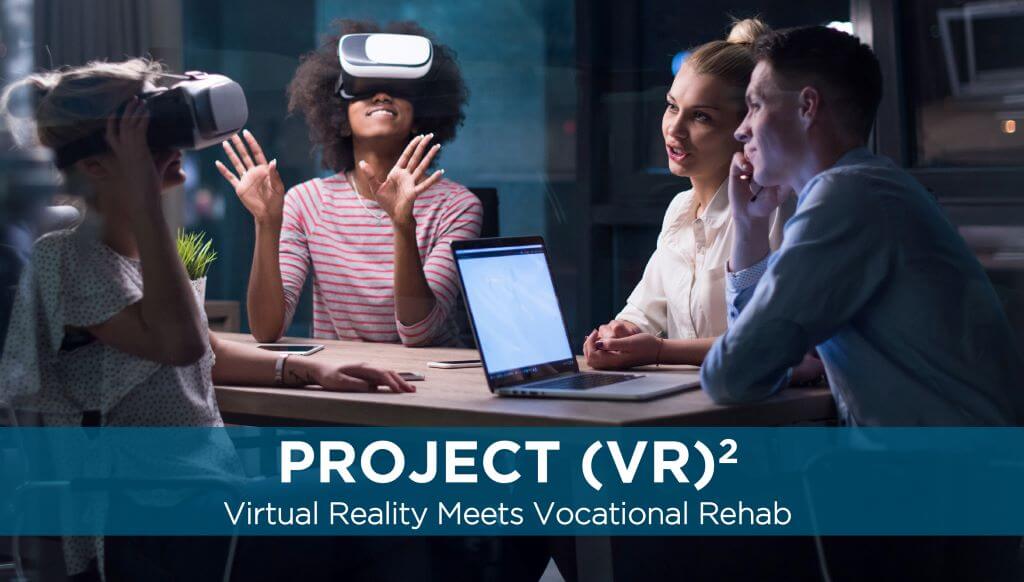Navigating the employment world is a challenge for people with disabilities. However, an initiative by Viability, funded by the Massachusetts Rehabilitation Commission (MRC), promises to make things easier for the underserved, thanks to an innovative VR training program. Project (VR)2 will teach users soft skills in a safe and comfortable environment, eliminating the communication glitches that prevent them from getting a job.
Project (VR)2 : A VR Training Program That Empowers Vulnerable People
For Massachusetts-based human service provider, Viability, the main mission is to help all population groups find employment and become financially independent. However, many groups are overlooked by employers, because their disabilities prevent them from developing strong communication skills and other important soft skills required in today’s world.

To solve this issue, Viability. partnered with Link to VR, an XR media agency, to develop a VR training program, through the immersive learning platform Bodyswaps, that would help underserved people learn these valuable skills. To deliver the program to the target population, Viability and Link to VR reached out to Oculus Business to create a business-class version of the Oculus Quest 2 VR headset.
Safety First: Delivering In-Person Training During the COVID-19 Pandemic
Offering in-person training poses special challenges during these difficult times. In order to ensure the safety of its users, Project (VR)2 benefits from the latest technology provided by Cleanbox Technology.
Their sterilization unit, Cleanbox, uses UVC technology to destroy 99.999% of bacteria, viruses, and fungi. The Oculus headsets are placed in this unit after each session, so that the next person participating in the VR training program can use them safely.
How the VR Training Project Works
Project (VR)2 is a simulator of everyday interactions, from the first job interview to accepting an employment offer. The users feel comfortable in the VR environment and can learn by trial and error without having to suffer the disappointment of a real-life rejection.
“Immersive VR learning provides an opportunity for individuals who are otherwise overlooked in the employment world,” said Director of Viability Kristin Rotas in a press release shared with ARPost. “Access to training and work experiences virtually builds confidence and readiness which will better equip participants to hold jobs providing them with income and a sense of purpose.”
For Link to VR, this was an opportunity to use their talents and tech know-how for a good cause.“We were honored to play a role in such a transformative project,” said Edward Zemba, CEO of Link to VR. “In addition to leveraging technology which can increase the speed of training by over 400% (PwC), Project (VR)² delivers content in a way that participants find fun and engaging.”
MRC Funding Helps the VR Training Program Take Off
The initiative of Viability could not have reached its full fruition without funds from the Massachusetts Rehabilitation Commission. This will allow the VR training program to expand beyond the state of Massachusetts, to the other five states where Viabilityoperates: Connecticut, Florida, New York, Oklahoma, and Rhode Island.




